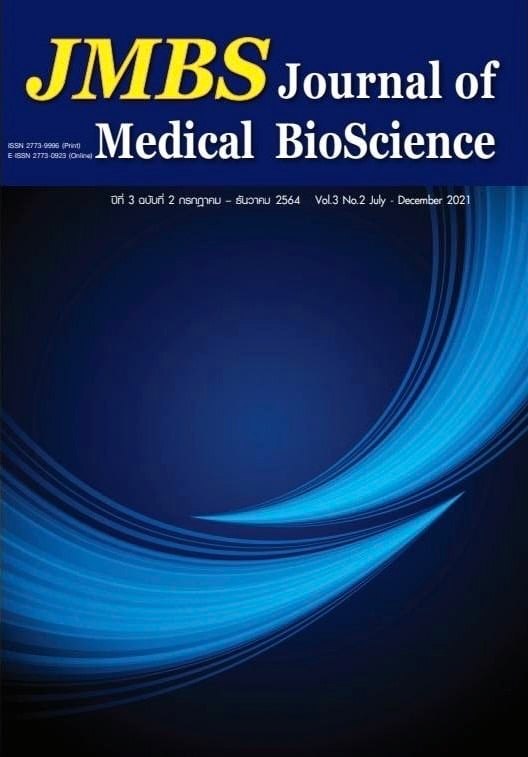Radiation risk from computed tomography on cancer screening
Keywords:
CT screening, lung cancer screening, radiation carcinogenesis, virtual colonoscopy, whole-body screening.Abstract
Cancer screening aims to detect cancer before symptoms appear. Screening can lead to cancer prevention and earlier diagnosis. Universal or population screening, involves everyone within a specific age group. Selective screening identifies people who are known to be at higher risk of developing cancer. Screening tests must be effective, safe, well tolerated with acceptably low rates of false positive and false negative results. Early diagnosis may lead to higher rates of successful treatment and extended life. However, it may also falsely appear to increase the time to death through lead time bias or length time bias.
Cancer screening may involve medical imaging which the cancer risks in patient exposure to radiation have become a major topic. As the innovation of the computed tomography results in the rapid scan with higher radiation doses. Furthermore, the use of computed tomography (CT) for cancer screening becomes popular for common malignancies such as lung cancer and colorectal cancer. As we have known the carcinogenic effects of the ionizing radiation, the balance on the benefit of early cancer detection and the risk on screening induced cancer should be warrant.
This article covers the radiation carcinogenesis and the evaluation of the cancer risk from CT especially on the risk and benefit of CT for cancer screening. The related data on the risk of small radiation dose induced cancer from CT become significant. Reports on the benefits of CT screening for lung cancer in high risk patients and CT colonography is outweigh the radiation risk.






